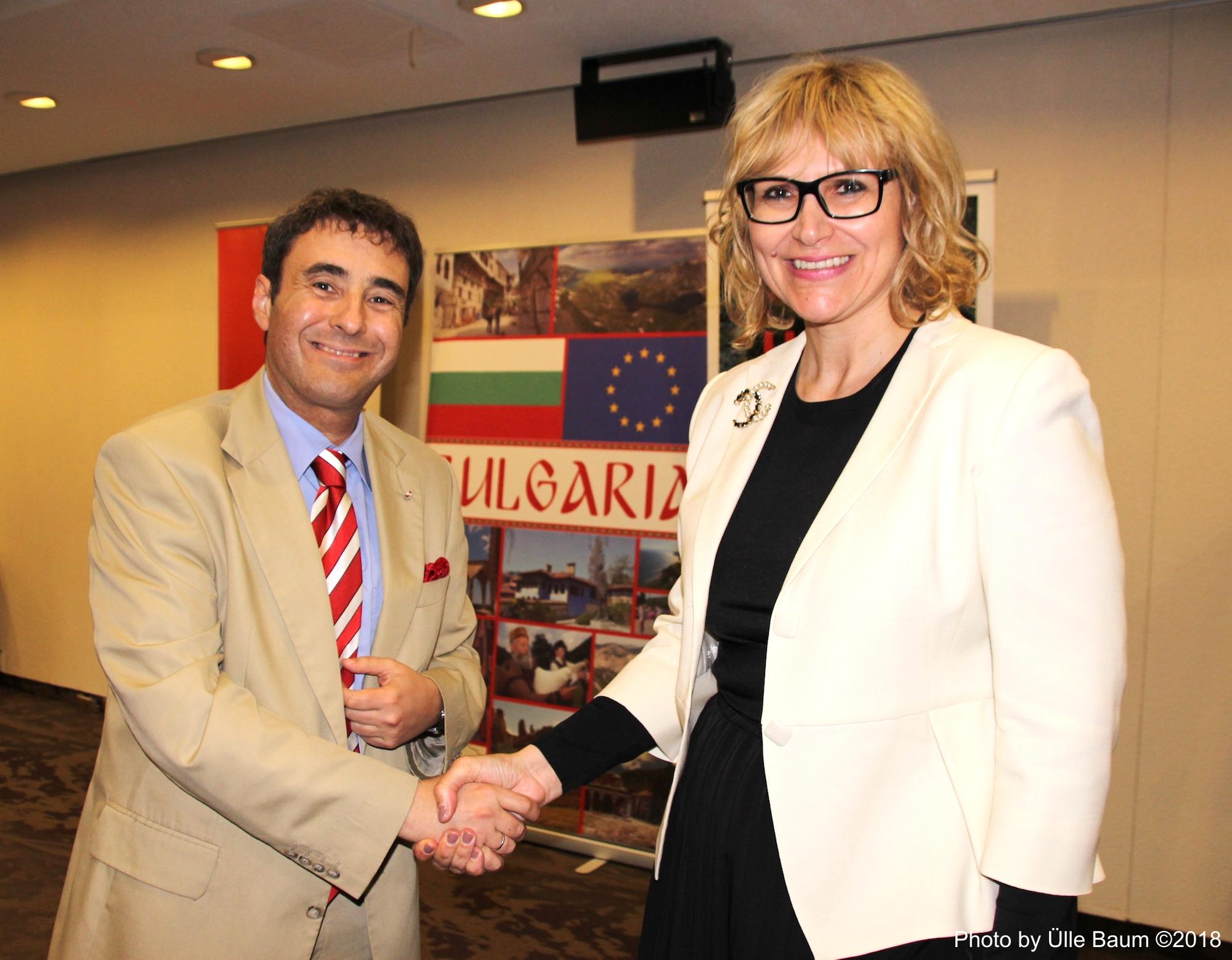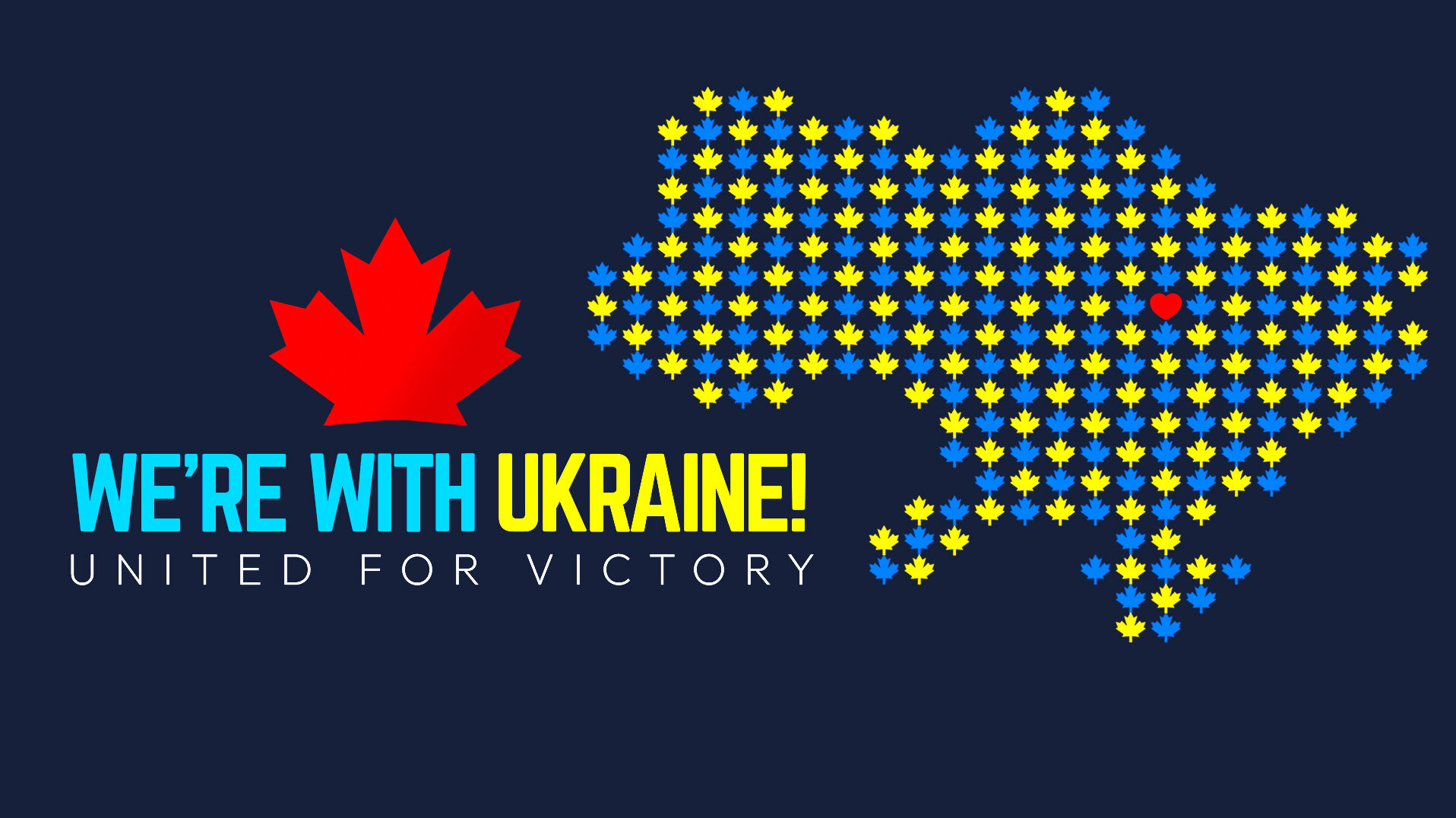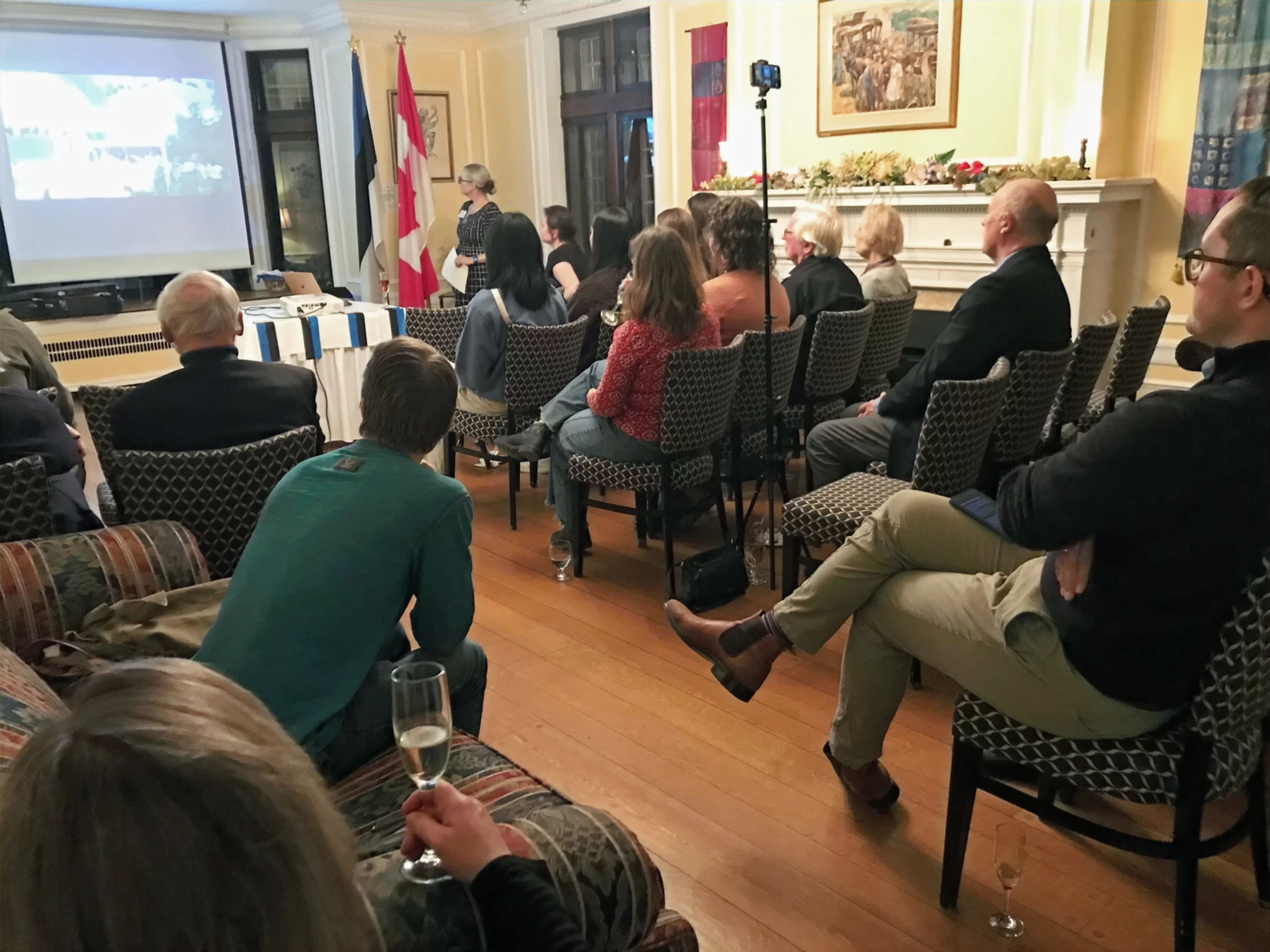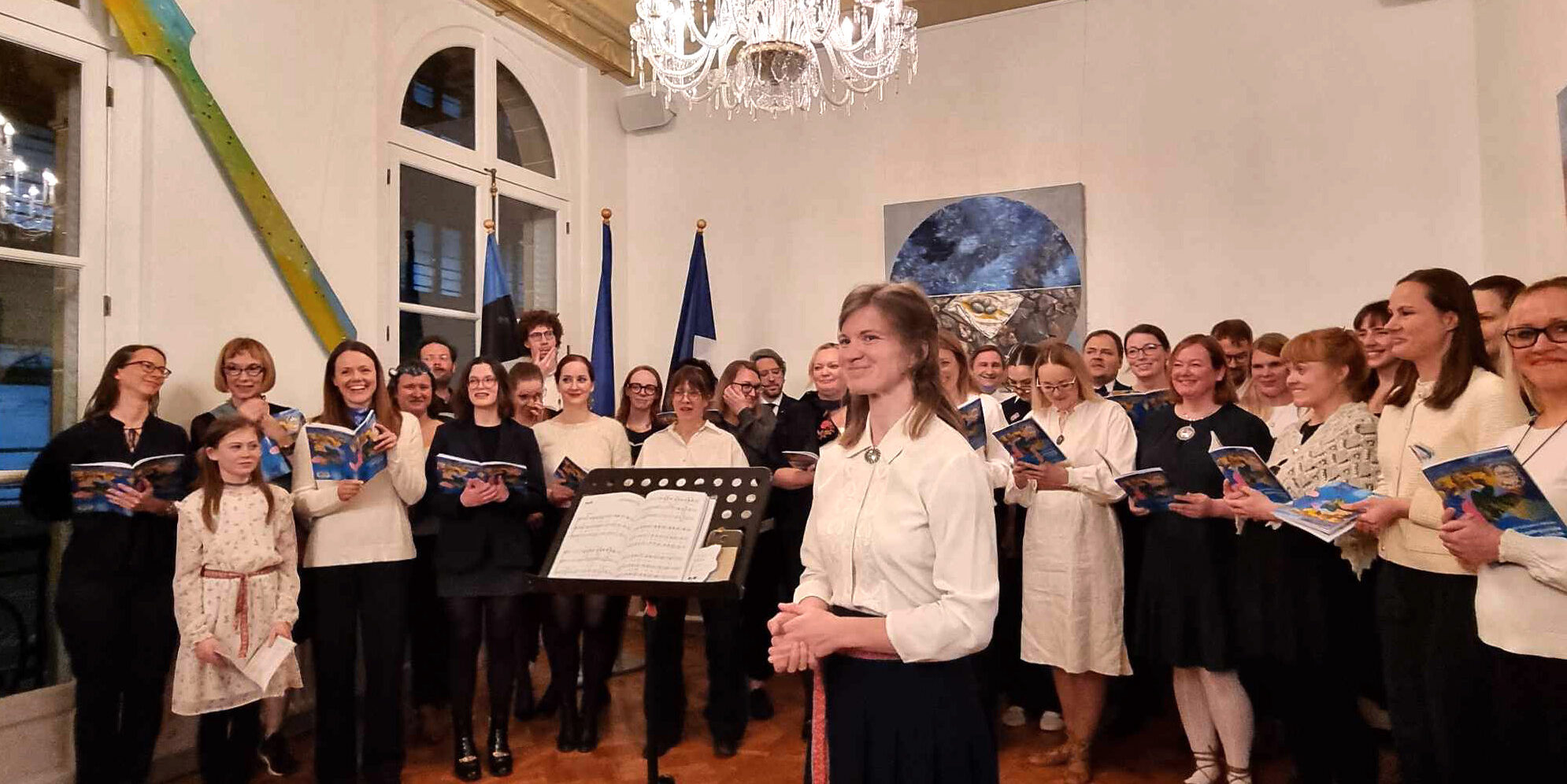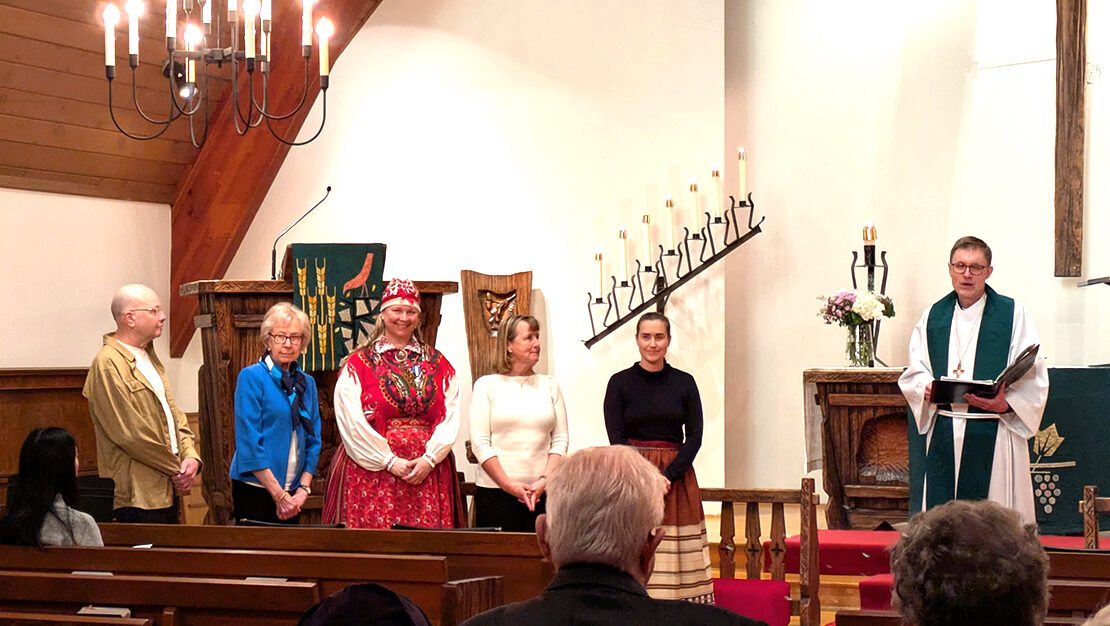When handling more than 180 files during the Bulgarian Presidency, they aimed at unity. “We tried to be a bridge builder and did our best to secure consensus on all difficult issues,” said Mrs. Svetlana Stoycheva- Etropolski, and added that “The Presidency invested enormous energy and effort in the reform of the common European Asylum System and particularly focused on the reform of the Dublin regulation.”
The enlargement towards the Western Balkans region was an important element in the Bulgarian vision of the future European Union. “It will be the one strategic priority our Presidency will be remembered for.”
“We had the responsible task to make a contribution at a crucial moment of the negotiations on the Digital Single Market – we followed up on that important dossiers that the Estonian Presidency has so efficiently moved forward. The informal Leaders’ discussion in Sofia on May 16thconfirmed that we need even greater efforts in the area of digital technologies and innovation, in order to prepare the Union for the challenges of the technological revolution, “ Svetlana Stoycheva- Etropolski said in concllusion and introduced His Excellency Dr. Stefan Pehringer, Ambassador of Austria.
Ambassador Stefan Pehringer spoke in French and English and presented a program of the incoming Austrian Presidency of the Council of the European Union and painted first the picture. Austria has held the Presidency of the Council previously in 1998 and in 2006.
“The first challenge Austria will need to take up is keeping Europe safe, especially by tackling illegal migration. In 2015, during the largest migration crisis since the Second World War, more than 1.2 million refugees or migrants arrived within a very short time-span, seeking shelter in Europe. This large wave of unregulated migration overwhelmed the EU. As a consequence, many issues regarding a fair distribution of refugee quotas and concerns of citizens about further uncontrolled migratory flows were raised.”
True to our historic role, I think it is particularly important for Austria to act – once again – as a negotiator and mediator in order to help alleviate the refugee crisis at its source. It is going to be very difficult, but I believe that it is the quality of one’s conviction that determines the success. The Austrian-Hungarian Monarchy, which broke apart a century ago, was a broadly multi-ethnic Empire headquartered in Vienna and Budapest. Now as then, we need to understand and respect cultural differences and realize that Europe – just like Canada – needs to thoughtfully manage migratory flows. As you will recall, Austria, alongside Germany, took in the largest number of refugees per capita in 2015. We will continue to be an inclusive society, but we also need a better working and legal system to ensure that we help those in need.
Last but not least, and again especially important for Austria as a country in the heart of Europe and at the centre between “East” and “West”, we want to do justice to our role as a bridge builder. Peace, security and stability are fundamental values of Europe that all of our neighbours should be able to benefit from. Austria has already been cooperating closely with the Bulgarian Presidency towards the integration of the Western Balkan countries. Providing a sustainable future for the Western Balkans and South Eastern Europe is essential to the stability in our neighborhood.
Ülle Baum, Ottawa
